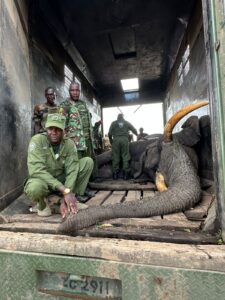Mara Elephant Project Trustee Kevin Rodrigues joined the MEP board in May 2019 and experienced his first visit to our campus in September 2020. He’s since visited three times to better understand our operations, get to know the core staff and our rangers that he is supporting with his efforts in Nairobi. Kevin’s day job is an Investment Director at LGT Lightstone, managing impact investment activities of the direct investing arm of the Princely House of Liechtenstein and backed by LGT, the international private banking and asset management group. Mainly based in Nairobi, Kevin does a lot of traveling for work and even though Nairobi is a short flight to the Maasai Mara, it felt like a world away.

“When I first stepped onto campus what impressed me the most was the level of professionalism and infrastructure in the middle of the Maasai Mara. MEP is run with world class precision and our rangers and staff have accommodations that position the organization to fully tackle the issues.”
This actually wasn’t Kevin’s first time in the Mara. He visited as a kid in 1997 when his father took part in a conference. This first trip was very impactful for Kevin as he truly understood what made elephants so critical to Kenya. “There is this big misconception that elephants don’t belong in the Mara; they belong in Amboseli or Kruger National Park. However, the Mara is actually the best place for elephants; they are provided with a habitat that can be protected by MEP and partners and they draw other wildlife and make the Mara and that ecosystem what it is. It’s a truly beautiful ecosystem to visit and you’re able to transverse three different landscapes: savanna, forests and rivers. It makes it really unique.”
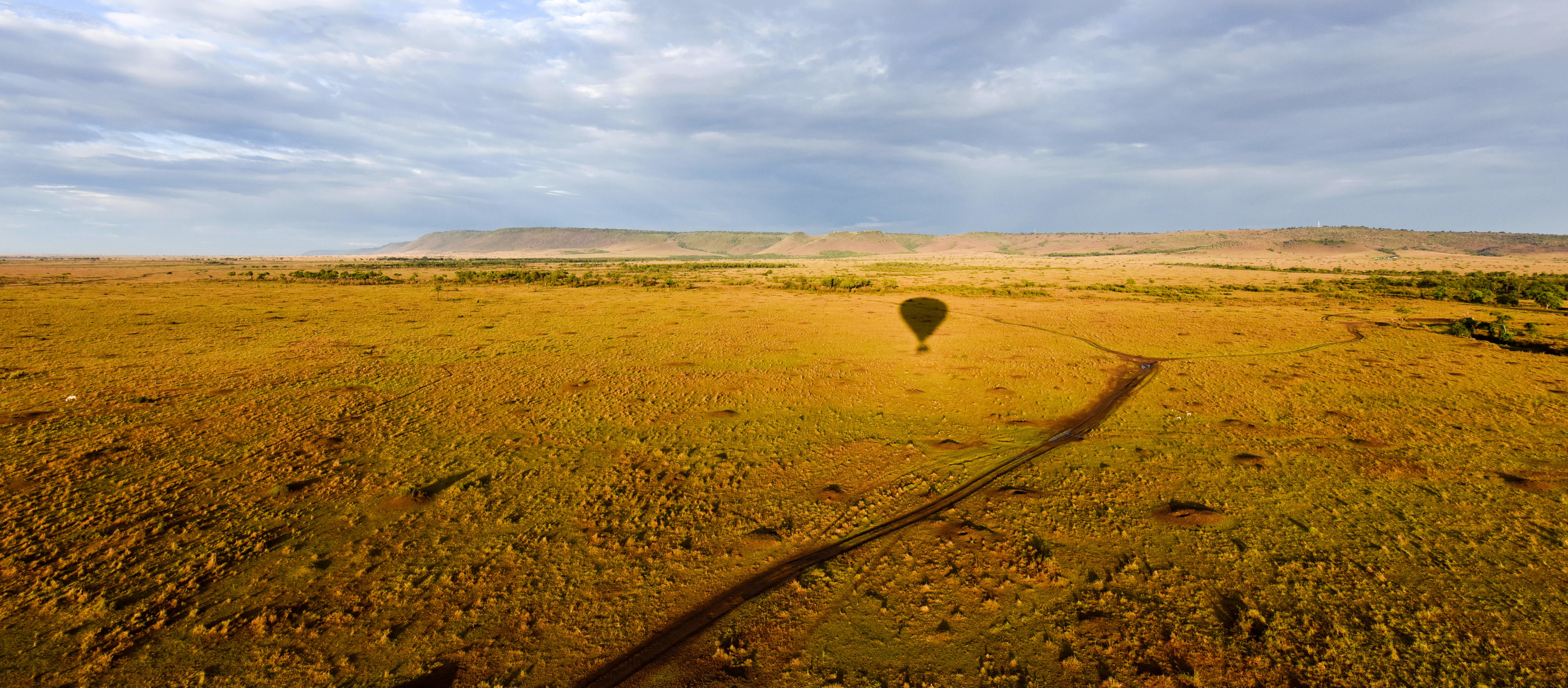
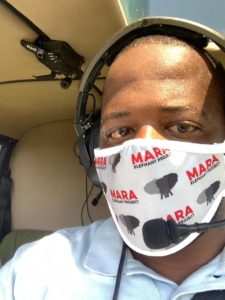
Since then, Kevin has traveled the world, and what’s interesting about his involvement with MEP is that it brought him back to the Mara as an adult. Chairman Colin Church was given Kevin’s name by a mutual friend after the organization was looking for someone with experience in finance and governance. Kevin has 15 years of experience as an investment professional and leads MEP’s efforts on the finance and risk committee. As a Kenyan involved and passionate about conservation, Kevin understands firsthand the misconceptions about young Kenyan’s interest in Kenyan conservation activities.
“The general impression is that Kenyans, particularly communities that neighbor game parks, don’t care about wildlife, but MEP stands in contrast to that. Their rangers and staff are all young Maasai men and women that are passionate about what they do.” Meeting Wilson (pictured below), Aileen and Zakayo along with other rangers while on campus gave Kevin an intimate insider look into that passion. After being taken around the surrounding area, Kevin was really surprised to find how close living quarters actually are for wildlife and communities in the Mara.

“I thought it would be more divided and have clearer boundaries. Here is where wildlife is, here is where people are, but that’s not the case. Literally, right across the Mara River is a large agricultural area.” Kevin says his experience on the ground really drove home for him how important it is that MEP find solutions to reduce conflict. “We must find more solutions for communities around elephant populations to generate income, while reducing conflict. How MEP grew over the decade puts us in a unique position to start expanding some of our roles, support and mitigation and start seeing how we can expand on our community engagement.”
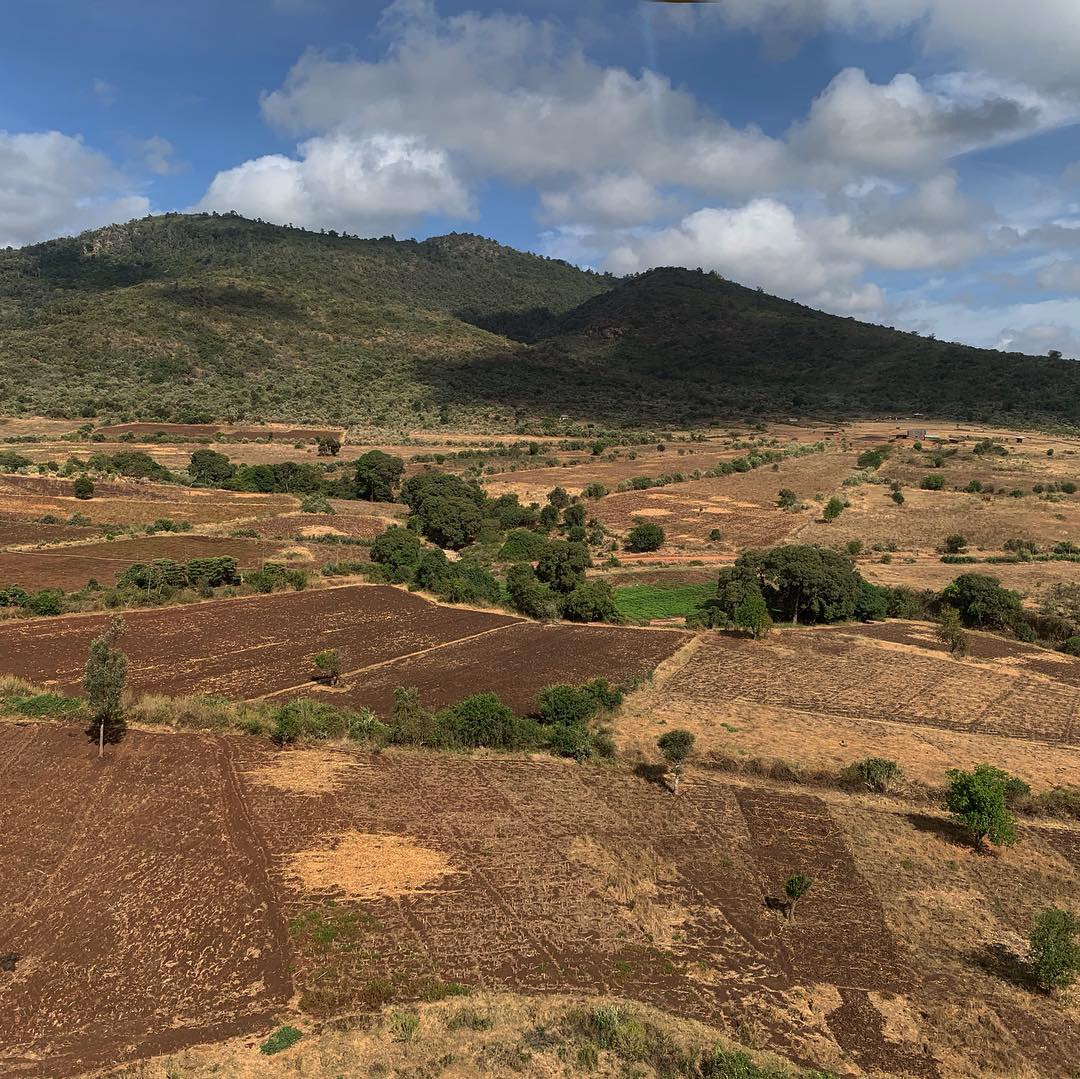
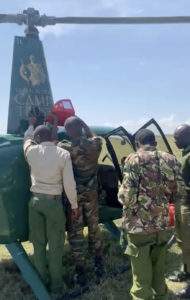 Kevin got to see MEP’s rangers and their interactions with CEO Marc Goss firsthand while on campus. There was a conflict mitigation operation taking place during one of his visits and he went along with Marc in the helicopter to assist the rangers on the ground. “We landed in the middle of this land and there are two MEP patrol vehicles and one KWS vehicle and as soon as Marc was on the ground, everything was run so smoothly with military precision. The rangers greeted him, their overall knowledge of the operation and professionalism when interacting with myself, Marc, our partners and the community was amazing. How they work is seamless.”
Kevin got to see MEP’s rangers and their interactions with CEO Marc Goss firsthand while on campus. There was a conflict mitigation operation taking place during one of his visits and he went along with Marc in the helicopter to assist the rangers on the ground. “We landed in the middle of this land and there are two MEP patrol vehicles and one KWS vehicle and as soon as Marc was on the ground, everything was run so smoothly with military precision. The rangers greeted him, their overall knowledge of the operation and professionalism when interacting with myself, Marc, our partners and the community was amazing. How they work is seamless.”
That’s why Kevin is so supportive of Dr. Jake Wall and the MEP Research Department’s efforts to find long-term solutions to the rising conflict. While on MEP’s Campus, Kevin got to spend time with Jake and see all of the high-tech equipment and the outputs that they are developing to solve this issue.
“Seeing the work Jake is doing up close, was really quite amazing. The MEP Research team is operating in the middle of nowhere, with somewhat unreliable internet, and yet there on a large screen right inside the office I can see our collared elephant movements, I can see Jake’s outputs for his fence line project. We have high quality, world class research going on in the middle of nowhere. The investment made on research is impressive in such a rural area. The level of interaction he has with universities was very impressive, and yet I doubt they understand that they are talking to someone doing this caliber of research in an open aired office. It really blew my mind.”
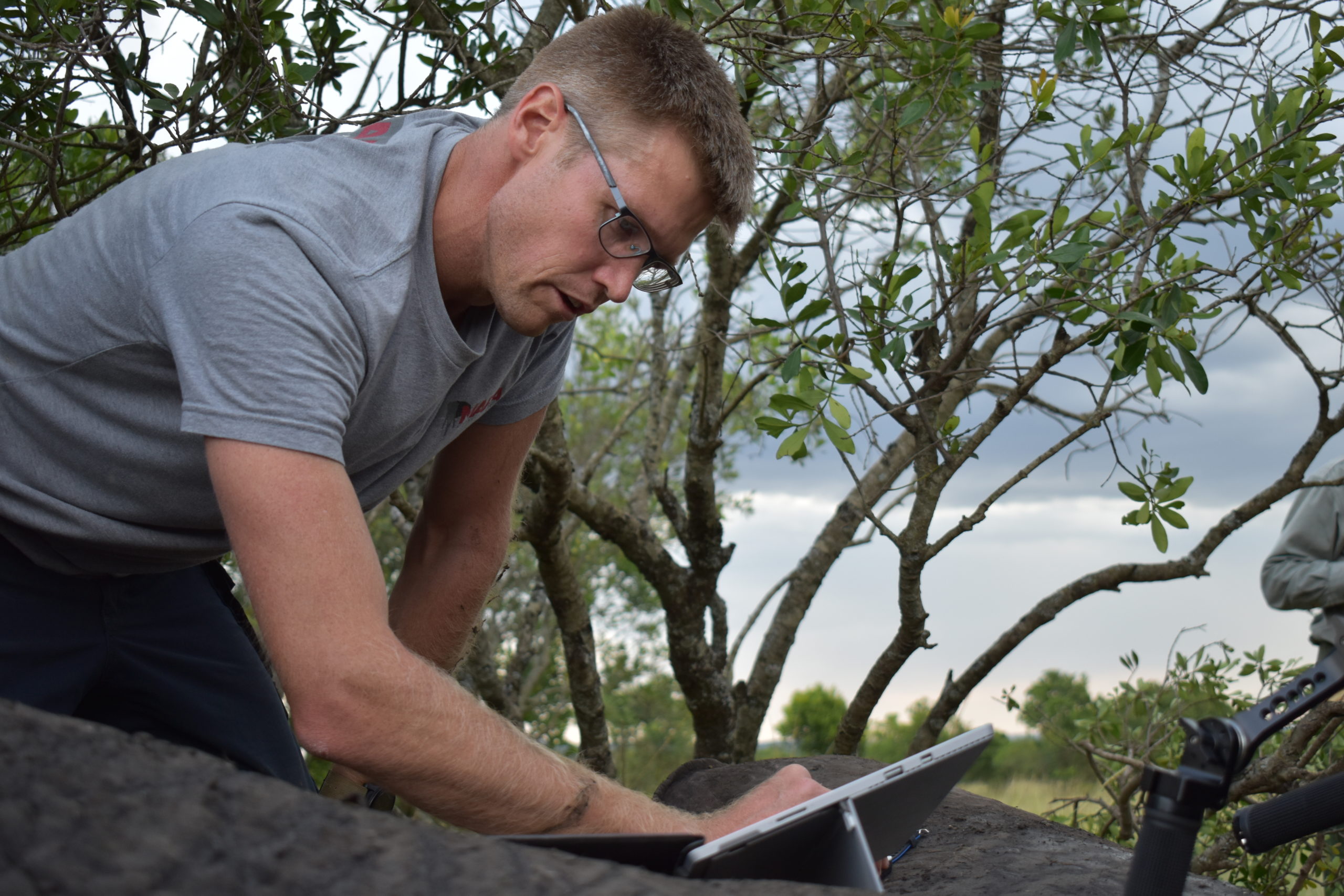
Kevin also can see the future in terms of what MEP’s research can contribute to sustaining the larger ecosystem. Fencing was another issue that Kevin says couldn’t be understood until you saw it up close. He’s heard about the increase of fencing in the Mara and how subdivided the ecosystem is becoming. He always read Jake’s reports on his fence line mapping project, but to see it up close was very impactful.
“When Marc took me up in the helicopter, the fencing from the air was shocking to see in person. Marc was counting every fence we crossed, and I was supposed to be helping, but I lost count. It truly amplifies the work MEP is doing and that we need to find way to help communities look at conservation as profitable and provide them with a sustainable way to generate income. Having teams everywhere in the Mara engaging with our various partners, allows MEP to create an ecosystem and provides impetus for a lot of conservancies.”
MEP is actually developing a research park on our campus currently, which sets us up for leading the charge into the future. Kevin was excited about the potential this new research park has for MEP into the future. “We have a great opportunity with this new research park. We can have world-class research taking place locally and globally on our campus. They are already doing cutting edge research on wildlife and conflict management and developing new models for sustaining local and wildlife populations, but with other organizations involvement in this research to support MEP, it can provide us with increased insights to solve these big issues. I believe Kenya is positioned to be the only country that can truly create a sustainable model of wildlife management that works for both wildlife and local communities and I believe that we can be the epicenter of that at the MEP Research Park.”
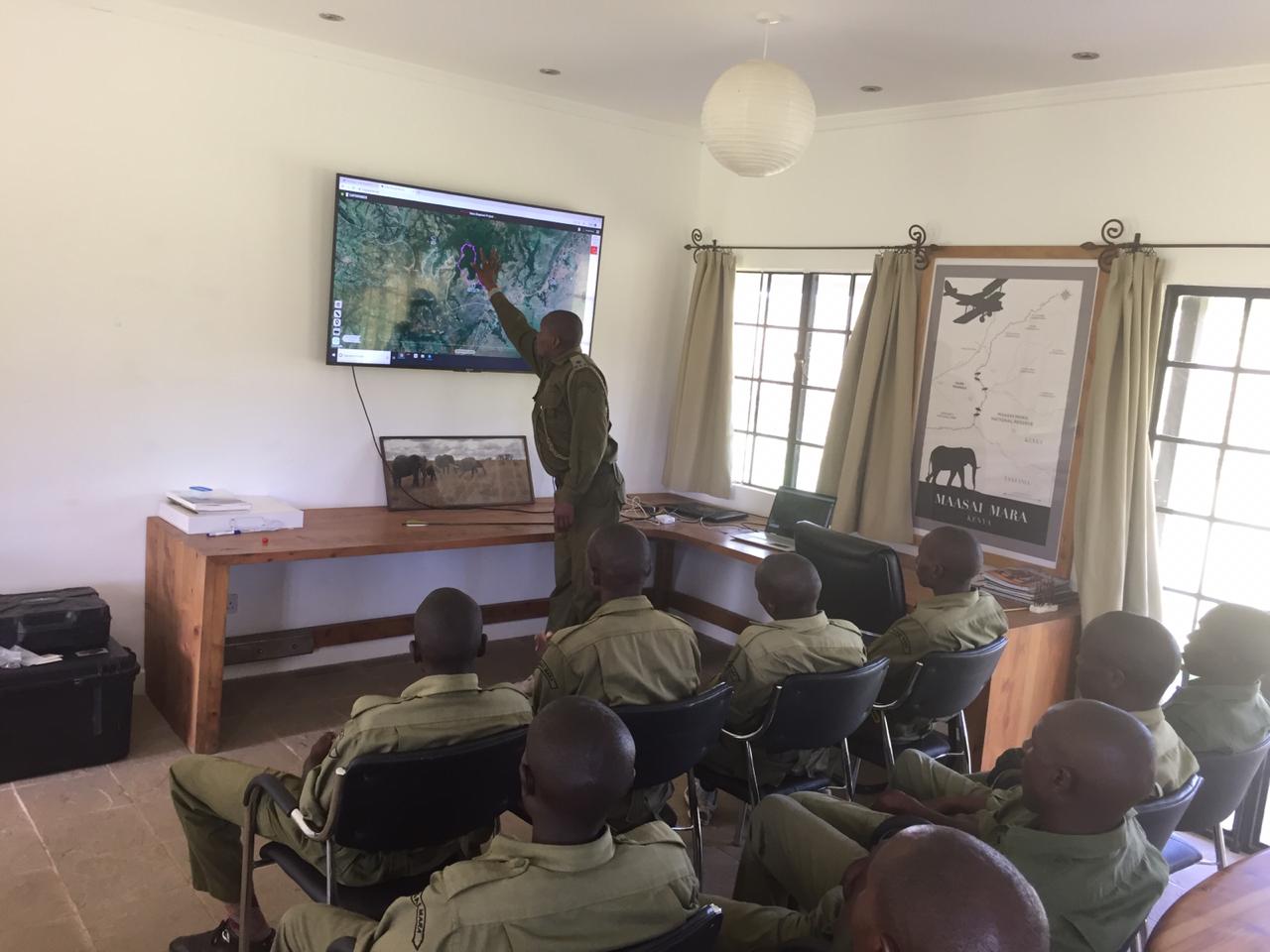
Kevin’s goal in 2021 is to do regular visits to MEP’s Campus to show everyone on the ground in the Mara that the trustees, mostly based in Nairobi, are working hard to ensure they can continue to make an impact.
“What we have in the Mara is best in class. It was heartwarming to see the level of respect other camps and conservancies have for MEP. They realize the work MEP, KWS and other stakeholders are doing to protect this ecosystem. Despite being a relatively small organization, our impact is enormous, and everything is “our” success. It’s never one person, it’s always a team.”
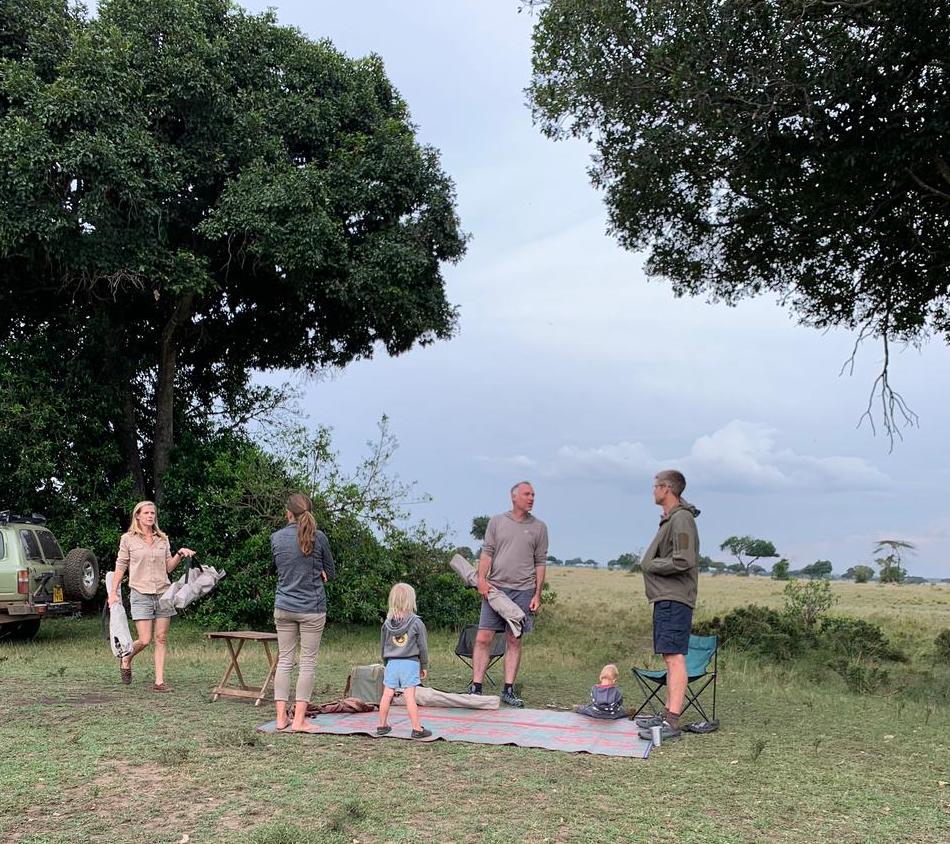
Kevin enjoyed a picnic with Jake and Marc and their families.
Kevin believes that supporting MEP is money well spent. “Right now, the Mara is green and lush. There are a lot of babies and happy predators and elephants. However, as we know from history, this isn’t always the case. There will be a drought and when that happens, elephants and wildlife need somewhere to go. That’s why protecting forested areas like the Mau and Loita NOW is key to the ecosystem’s long-term success. We are doing the work now and not taking anything for granted, because we know into the future, especially after this year, nothing is guaranteed.”


